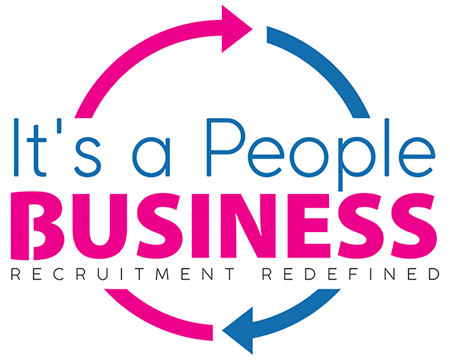
There are several reasons why it is important to vet new hires:
- Identify the best candidates: A thorough vetting process can help you identify the most qualified and suitable candidates for the job. This can save you time and resources by reducing the need to repeat the hiring process if the initial hire is not a good fit.
- Protect your business: Vetting new hires can help protect your business from legal or financial risks. For example, background checks can help identify any criminal history that may pose a risk to your business or your customers. Drug testing can help ensure that your employees are not using illegal substances on the job.
- Improve employee retention: Vetting new hires can help improve employee retention by ensuring that you are bringing on employees who are a good fit for your company. This can save you money in the long run by reducing the need to constantly recruit and train new employees.
The different types of background checks and their costs
In the UK, there are several types of background checks that businesses may choose to conduct when vetting new hires. Here are a few common types of background checks and their approximate costs:
- Criminal record check: A criminal record check, also known as a Disclosure and Barring Service (DBS) check, can help identify any criminal convictions or pending charges that a candidate may have. DBS checks are typically required for roles that involve working with children or vulnerable adults. DBS checks cost £23 for a standard check and £40 for an enhanced check.
- Credit check: A credit check can help identify any financial red flags that may indicate a candidate is not a good fit for a financial role or a role with access to sensitive financial information. Credit checks typically cost between £10 and £50 per candidate.
- Employment verification: Employment verification involves contacting a candidate's previous employers to confirm their job title, dates of employment, and job duties. This can help you verify the information that a candidate has provided on their resume and application. Employment verification typically costs between £10 and £40 per candidate.
- Education verification: Education verification involves contacting a candidate's educational institutions to confirm the degree and major they claim to have completed. This can help you verify the information that a candidate has provided on their resume and application. Education verification typically costs between £10 and £30 per candidate.
- Drug testing: Drug testing typically involves collecting a sample of urine, blood, or hair and analyzing it for the presence of drugs. The cost of drug testing can range from £20 to £100 or more depending on the specific drugs being tested and the type of sample being collected.
- Physical exams: Physical exams may include a variety of tests and assessments to determine an individual's overall health and fitness for a particular role. The cost of a physical exam can range from £50 to £200 or more depending on the specific tests and assessments being conducted.
- Onboarding: Onboarding typically involves activities such as orienting new hires to the company and its culture, introducing them to their colleagues and supervisors, and providing them with the tools and resources they need to succeed in their new role. The cost of onboarding can range from £500 to £1,000 or more per employee, depending on the specific activities being conducted and the duration of the onboarding process.
- Training: Training can include a variety of activities such as classroom-based training, online courses, and on-the-job training. The cost of training can range from £500 to £1,000 or more per employee, depending on the type of training being conducted and the number of employees being trained.
The potential cost of a bad hire
The potential cost of a bad hire can be significant, as it can impact your business in a number of ways. Here are a few ways in which a bad hire can cost your business:
- Decreased productivity: A bad hire can decrease productivity by not meeting job requirements or by creating conflicts or disruptions within the team. This can result in lost time and revenue for your business.
- Damaged reputation: A bad hire can damage your business's reputation if they provide poor service or have a negative impact on your customers or clients. This can lead to lost business and revenue.
- Training costs: If a bad hire does not work out, you may have to invest additional time and resources in recruiting and training a replacement. This can be costly, especially if you have to repeat the process multiple times.
- Legal costs: If a bad hire causes problems that lead to legal issues, you may incur legal costs in defending your business.
- Prioritize the most important background checks: Not all background checks are necessary for every role. Prioritize the checks that are most important for the role you are filling to minimize costs.
- Negotiate bulk discounts: If you are conducting background checks for multiple candidates, you may be able to negotiate bulk discounts with the background check provider.
- Use free resources: Some types of background checks can be conducted using free resources such as online searches and social media. Use these resources to supplement more expensive checks.
- Use employee referrals: Employee referrals can be a good source of candidates who are already familiar with your company culture and work style. This can reduce the need for more expensive onboarding and training.
- Consider alternative onboarding methods: Consider using alternative onboarding methods such as online training or self-guided onboarding to reduce the cost of onboarding new hires.
